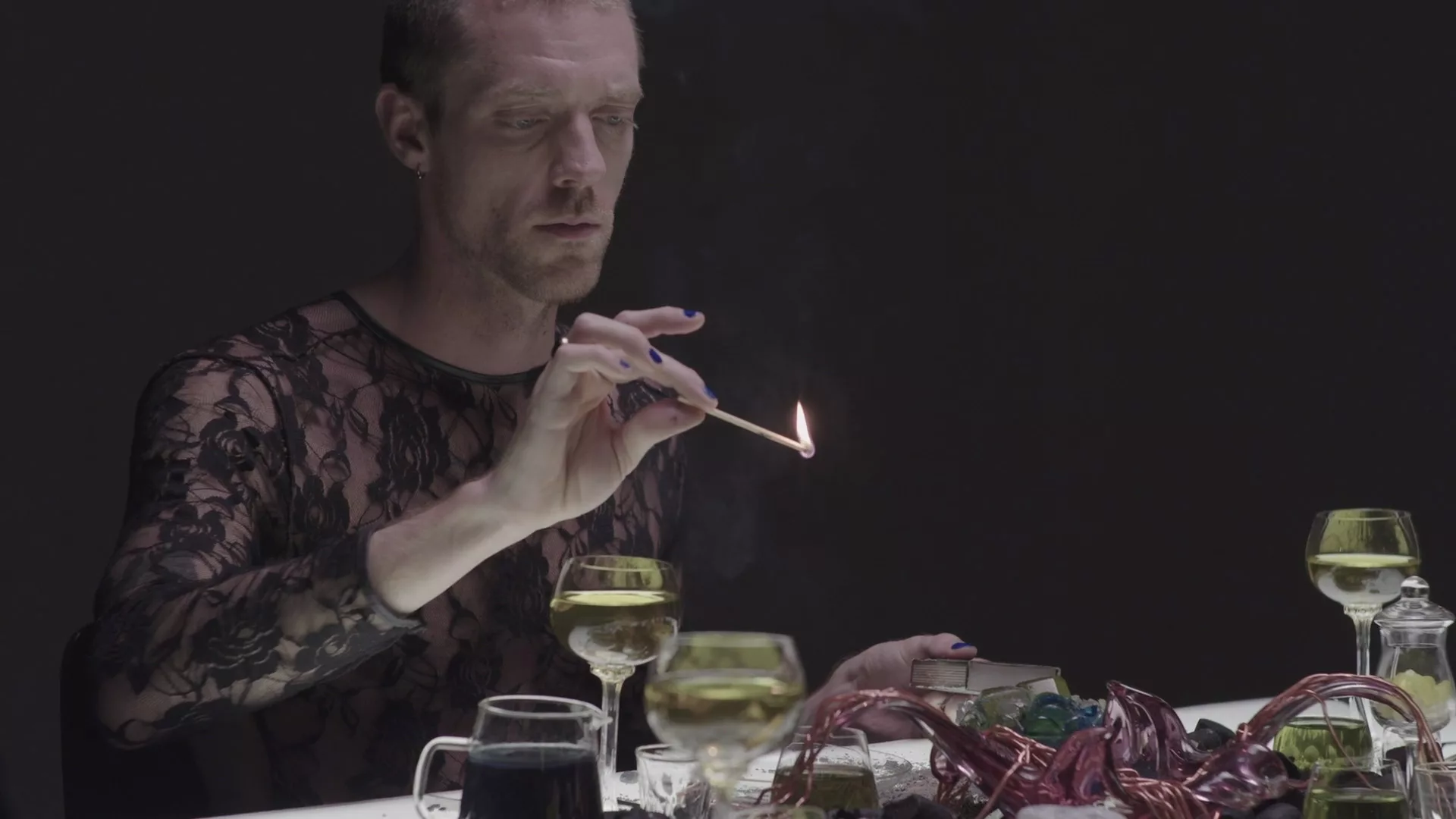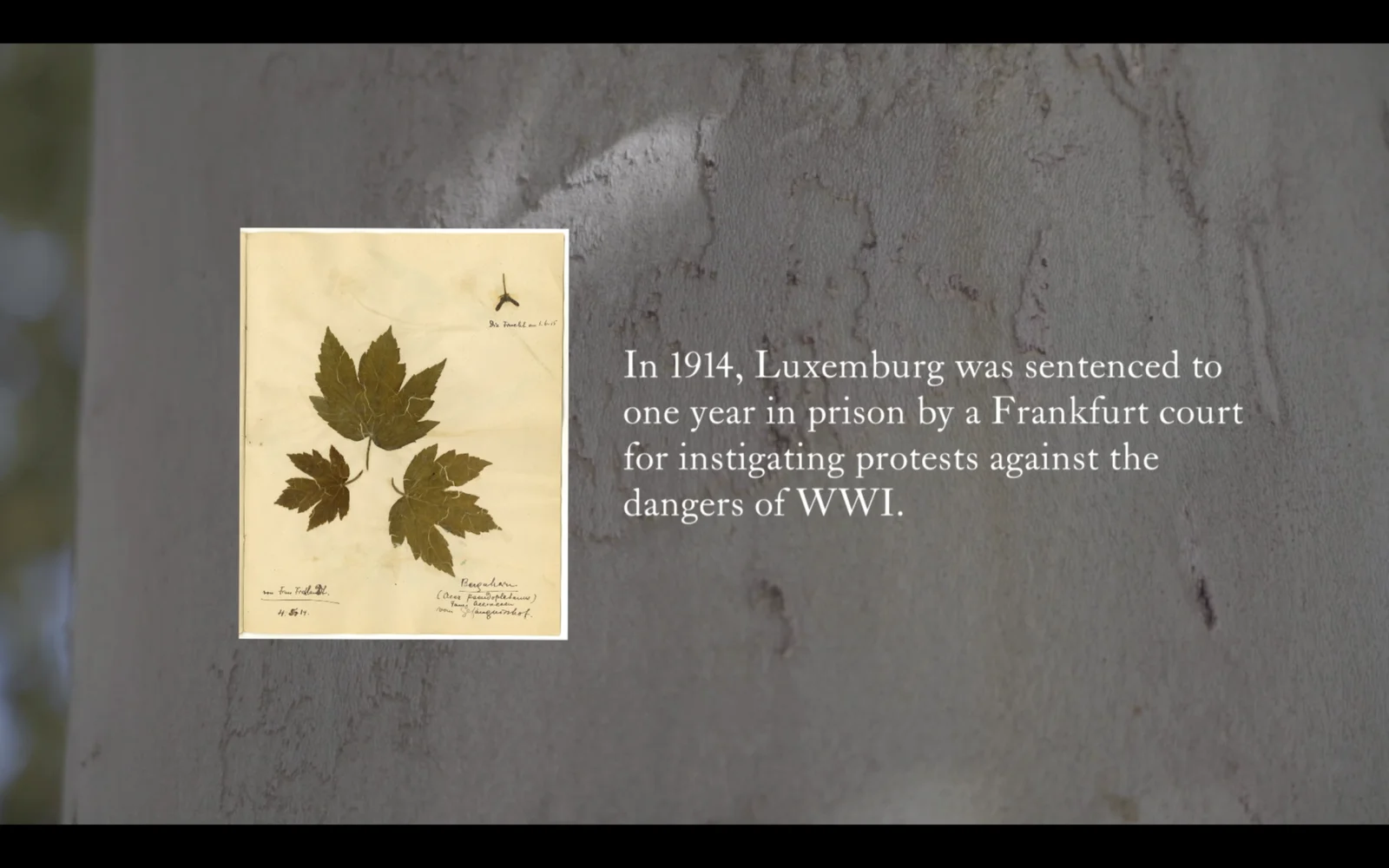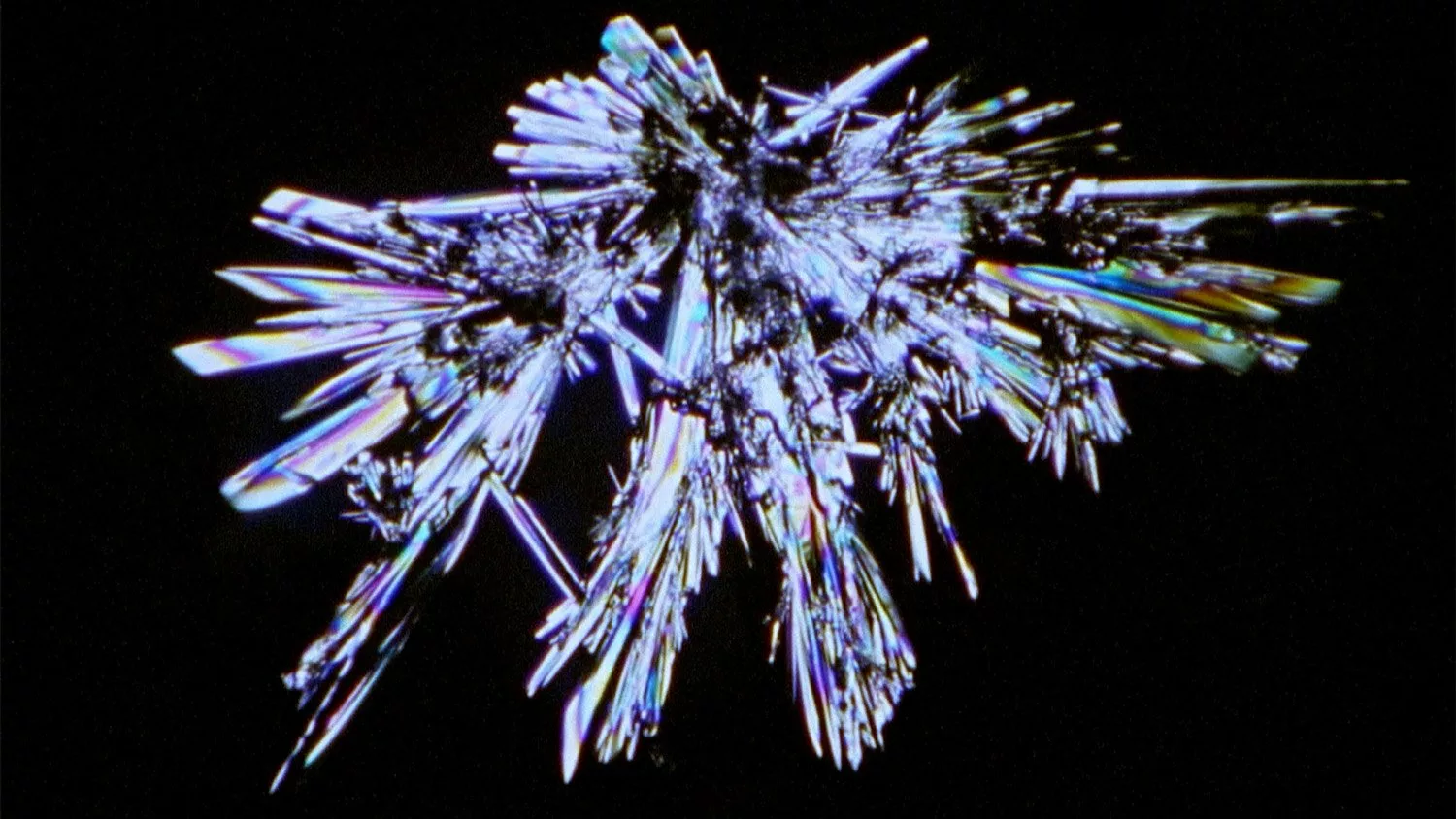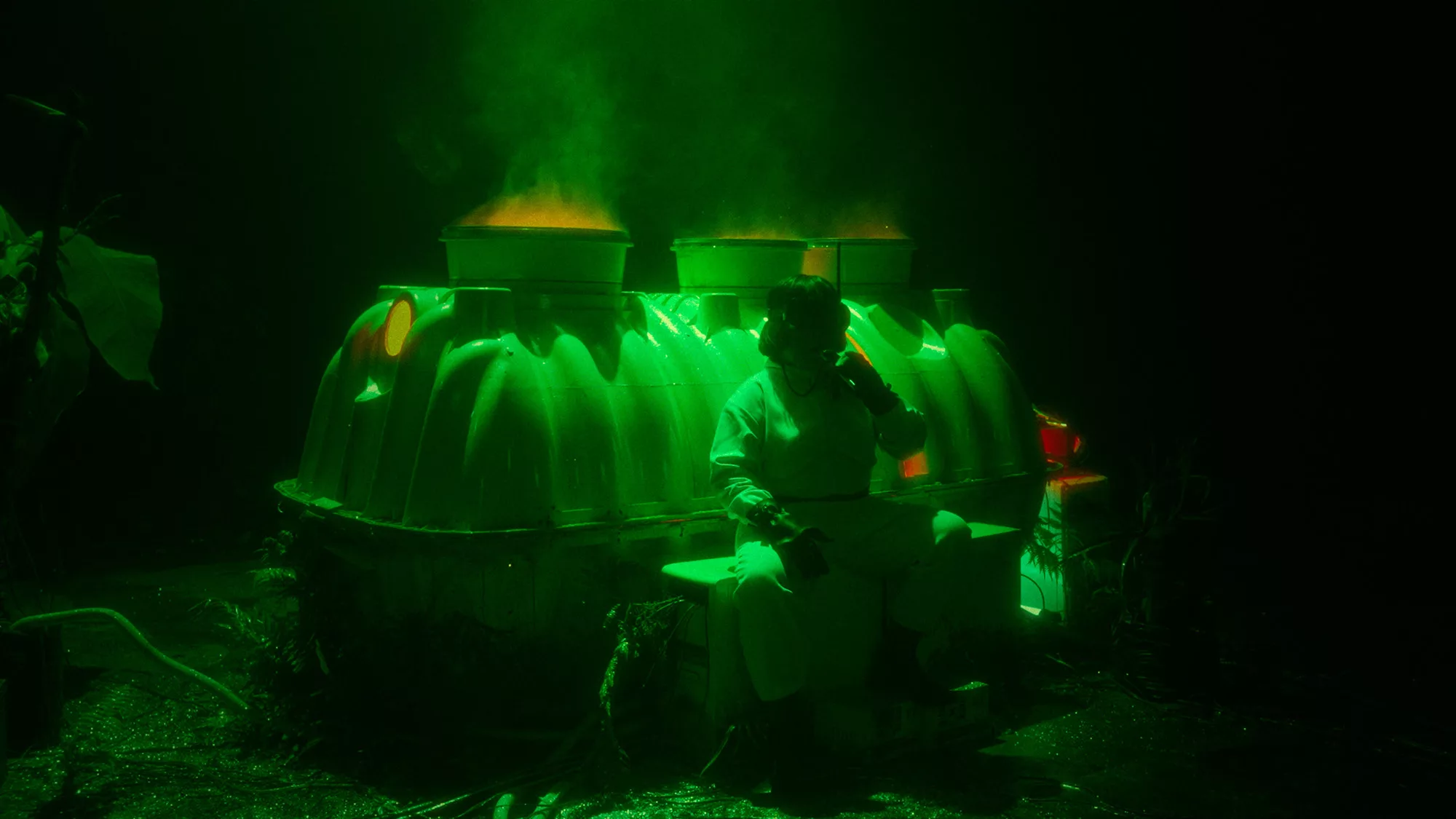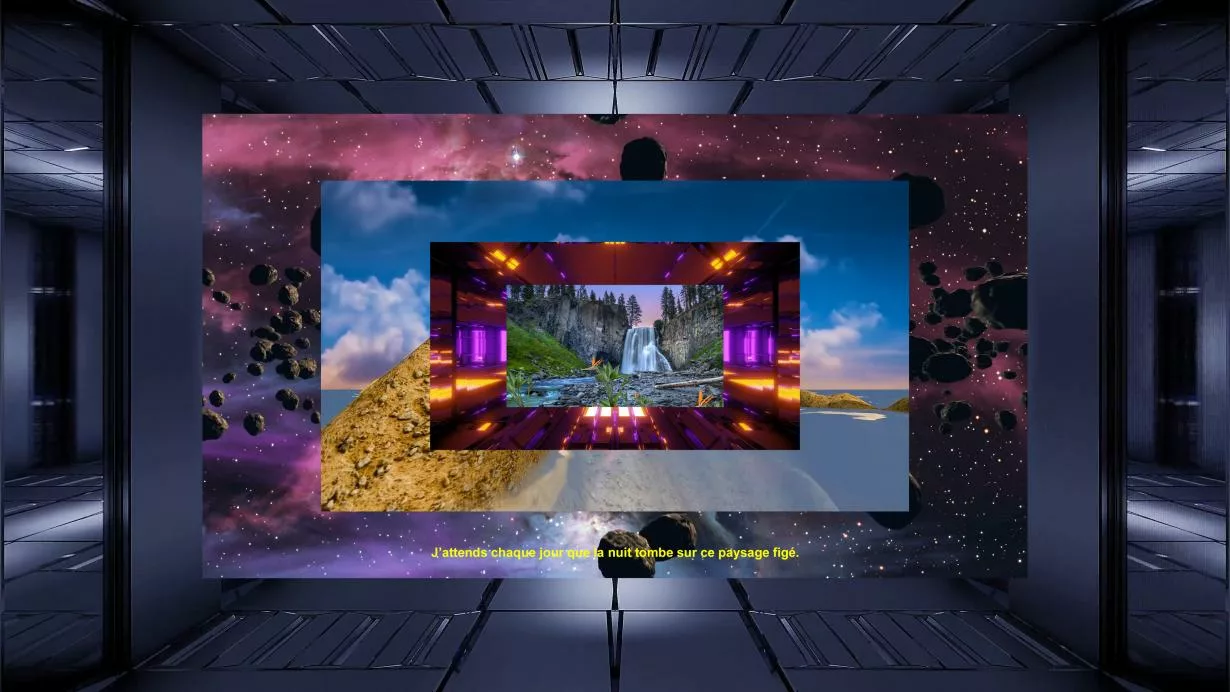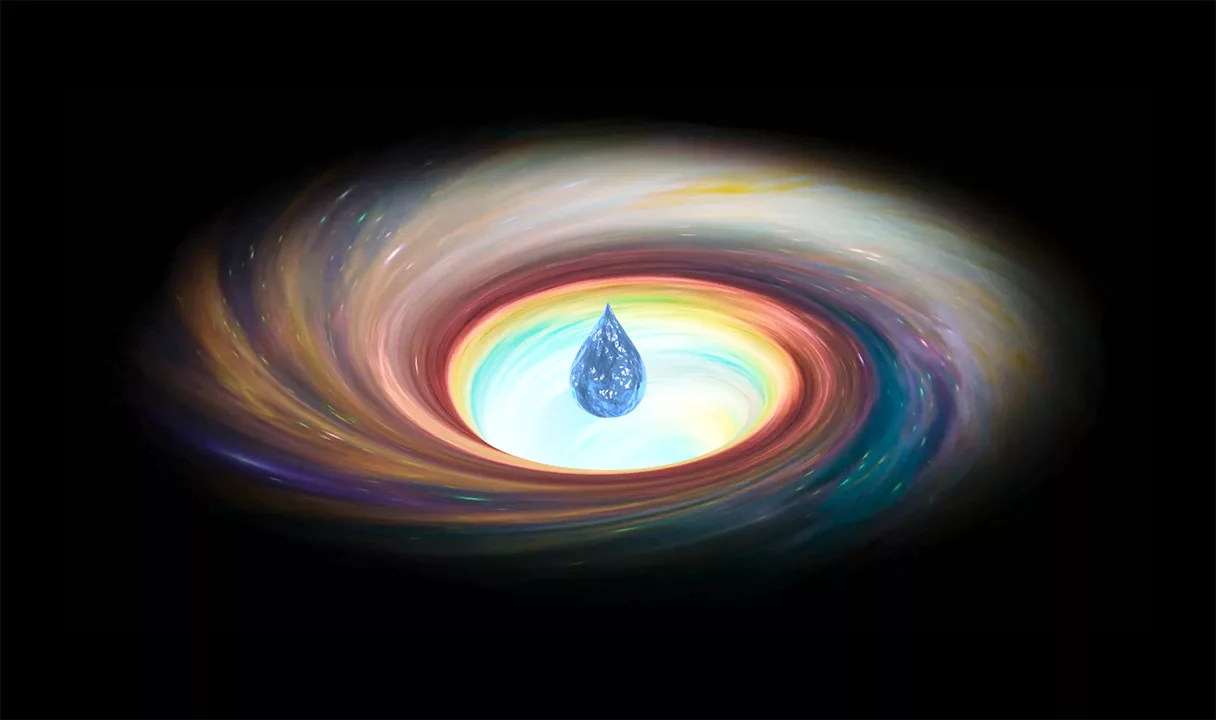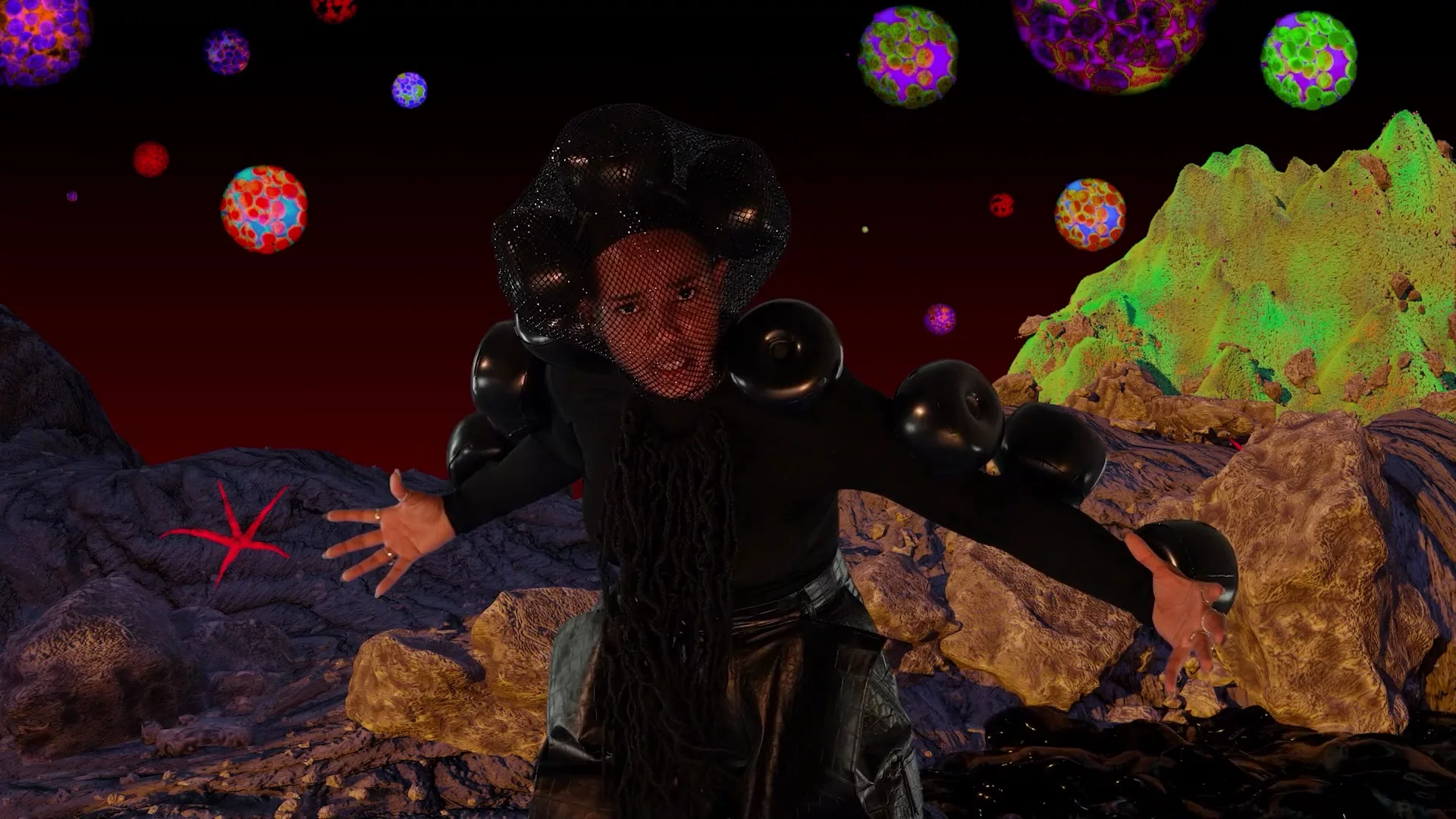FESTIVAL OF IDEAS AND CONTEMPORARY CREATION
Open the 2025 Program
Saturday, July 26, 2025
Politics of psychoanalysis with Silvia Lippi, Fabrice Bourlez, and Florent Gabarron-Garcia, psychoanalysts; “Afropoetics and magical futurism” with Katia Dansoko Touré, author and journalist, and films by Nuotama Frances Dobono, Cauleen Smith, Josefa Ntjam, and Riar Rizaldi.
Sunday, July 27, 2025
Politicizing adult-child relationships with the Collectif des ami·es de Tal followed by a meeting with Juliet Drouar, conspiring and breathing with Loreto Martínez Troncoso & Julie Pellegrin, artist and curator.
Wednesday, July 30, 2025
Preparation meeting and workshop with Martin le Chevallier, artist ; encounter-performance with Chuglu, artist collective
Thursday, July 31, 2025
Radio show with the Queer Phoenix collective ; writing workshop “Speculative Genealogies” with Louise Bentkowski, author
Saturday, August 2, 2025
Workshop on the status of artists with Aurélien Catin, author and economic rights activist; Thinking about world conflicts with Benjamin Gizard, sociologue ; sociologist; The reversibilities of archaism with Frédéric Rambeau, philosopher; reading-concert by Laure Gauthier, poet, accompanied by Gauthier Keyaerts, musician.
Sunday, August 3, 2025
Introduction to queer mysticism with Romain Noël, poète ; Artistic utopias of revolt with Julia Ramirez Blanco, art historian and activist; Discussion and tasting with Thomas Ferrand, artist and botanist; Performance between sky and sea with Diane Chéry, artiste
Exhibition
Under a geodesic dome, discover a program of films by artists, including Alicja Rogalska, Milena Bonilla, Deborah Stratman, Riar Rizaldi, Josefa Ntjam
Exhibition
From July 26 to August 3, 2025, on the lawns of the Chateau Musée de Dieppe and under a wooden geodesic dome built for the festival, enjoy a program of artists' films from 10 a.m. to 6 p.m. (except July 28 and 29).
Alicja Rogalska, The Feast (2022, 41 min)
“The Feast” documents a metabolic feast, a ritual dinner commemorating the end of humanity’s dependence on fossil fuels. It takes place in the near future, when humans and their companion species will harvest and distribute the surplus energy generated by their metabolism and movements. Around the table, the assembled guests consume fossil fuels and other substances once used for energy production, such as coal, crude oil, diesel, lithium, and uranium. As they do so, they discuss the strategies employed by society in the past to wean itself off dirty energy and avoid climate catastrophe.
Alicja Rogalska is an interdisciplinary artist based in London and Berlin. Her practice is research-based and focuses on social structures and the political subtext of everyday life. She creates collaborative situations, performances, videos, and installations in order to collectively explore emancipatory ideas for the future.
Milena Bonilla, I Am Life and Life is Beautiful, Eden Hotel (2022, 16 minutes)
Rosa Luxemburg’s herbarium (who was assassinated in Berlin in 1919 and was a socialist and communist activist, theorist, and pacifist opposed to World War I) is a unique archive, a prison herbarium, compiled within four walls from April 1915 to October 1918. It was compiled during walks in the prison courtyard, where Rosa Luxemburg gathered a few flowers and weeds, and through the sending of dried specimens or bouquets of fresh flowers by her close friends, which she herself pressed. Its fragility makes it a testament to resistance, a factory of forms and joy, a document on the political sentiment of nature, the foundation of all ecology. “Three memorials dedicated to Rosa Luxemburg were visited in Berlin, with the aim of finding some of the plants described in the notebooks that make up her botanical collection. A filmed conversation with herbalist and dancer Shelley Etkin weaves together the body and history of Milena Bonilla’s film in an attempt to reveal the intangible fabric of heritage.”
Milena Bonilla, born in Bogota, lives and works in Amsterdam. She is a visual artist, educator, and independent researcher. Her artistic practice is currently invested in epistemic colonialism and the various ways in which its historical context and current structures affect organisms, language, imagery, social orders, and the perception of history itself. She is also interested in information, practices, and knowledge that propose and pose particular questions about language and action as ontological properties of humans alone, and how this precept is embedded in the workings of capitalist economic policies. Her work has been exhibited, screened, and presented in recent years at venues including Galeria Municipal do Porto, Nest, The Hague; Framer Framed, Amsterdam; A Tale of a Tub, Rotterdam; Jewish Museum, New York; Museo del Oro Quimbaya, Armenia, Quindío (CO); MHKA, Antwerp; MACRO Museum, Rome; European Social Science History Conference (ESSHC), Amsterdam; Konsthall C, Stockholm; Temporary Gallery, Cologne; MOCO, Montpellier, and Kadist, San Francisco/Paris. Milena Bonilla currently teaches at the Willem de Kooning Academy in Rotterdam.
Deborah Stratman – Last Things (2023)
Spanning the beginning and end of the world, Last Things offers us an epic tale of life on Earth, from its mineral formation to its plant and marine origins, and finally to the advent of a superior mineral civilization. Imaginary narratives intertwine with distant stories of the Earth’s formation. “Last Things is an odyssey where every pebble is a world-being, a cave is a futuristic metropolis, scientific diagrams are hieroglyphics, where everything passes through us and makes us as eternal as we are futile. (…) Last Things leaves us with a joyful promise: hope will survive us.” Baume Moinet-Marillaud
Artist and filmmaker Deborah Stratman works on issues of power, control, and belief. Her recent projects focus on freedom, surveillance, public discourse, sinkholes, levitation, orthoptera, birds of prey, comets, evolution, extinction, exodus, sisterhood, and faith.
Her films and works have been exhibited and awarded worldwide. She has received Fulbright, Guggenheim, and United States Artist Fellowships, the Herb Alpert Award in the Arts, the Sundance Art of Nonfiction Award, and support from Creative Capital, the Graham Foundation, the Harpo Foundation, the Shifting Foundation, and the Wexner Center for the Arts. She teaches at the University of Illinois.
Riar Rizaldi, Fossilis (2023, 13 min)
What separates Earth, mind, body, and machines? “Probably nothing,” claimed an archaeologist of the future. A glimpse into a distant future: in search of the ultimate truth about the past, meditating with his brain-machine interface composed of a rudimentary neural network, machine learning, and virtual world construction, a paleo-media-ontologist, with the help of a researcher, delves into and explores the imagination of the past to recontextualize and reflect on what are known as the fossil relics of their era: a mountain of invisible electronic waste buried in a tropical landscape in the South. Fossilis is a dreamlike cinema, a phantasmagorical science fiction prognosis, an essay film, and a tale about the green hell of technological heritage, echoing the complexity of electronic waste in 21st-century Asia, where most discarded electronic devices—due to their planned obsolescence—are dumped and buried. Produced by Hyundai Artlab for the 5th VH Award 2023.
Josèfa Ntjam, Quantum Mecanic (2020, 7 min)
In this creation by Josèfa Ntjam, a voice speaks to us about time, intertwined with videos of atoms, atomic fusion, and particles. Words and images are intertwined, one cannot exist without the other… is it time that organizes us, or the other way around? “Josèfa Ntjam composes narratives that blend several registers of written and oral stories—fairy tales and legends, science fiction, speculative fiction, but also natural history, where the deconstruction of norms leaves room for a virtual imagination, or even what Ursula K. Le Guin calls an ambiguous utopia.” (Anne Langlois)
Josèfa Ntjam, Myceaqua Vitae (2021, 7 min)
“Uncertain times have passed since the appearance of this coagulated luminescent substance. From the encounter between a fungus and luciferin carried by a thought of the sea. The strange story of a starfish fallen from space, whose limestone nourishes the oceans. Myceaqua vitae, a luminescent organism that escaped from volcanic rock, when the earth was not yet the one that bears its name. A creeping network of algae from the depths of the abyss and a sticky fungus. Myth has it that its heavy water found within it a few particles from a world where light had been absorbed. An overflowing cell, it did not stop even as it crawled, continuing to move forward. Rock eater, decomposing our thoughts into undulating rhythms, it transformed stone into earth. Myceaqua vitae. It was in the infinitely small, sprawling network, in perpetual motion, that the ocean spoke to space and the marshes to the volcanoes. Water changed stone into earth and propelled the molecular alchemist into space. Memories packaged, freeze-dried during an abstract dream. Memories are too dense to catch. (…)” Josefa Ntjam
Josèfa Ntjam, Matter Gone Wild (2023, 19 min)
(…) In Matter Gone Wild, the Mixotroph is a plant and animal organism capable of photosynthesis through plant symbiosis while feeding like an animal. Its power is fluidity. Marthe, a forest chameleon that transforms into a plant to outwit the enemy, is named after Marthe Ekemeyong Moumié, a Cameroonian independence activist. In this constellation, Persona is a recurring character that the artist embodies in her performances and what she considers to be their extension, her films. Unclassifiable, always defying categorization, Persona—person—is on a perpetual quest. (Anne Langlois)
Open the 2025 Program
Saturday, July 26, 2025
Politics of psychoanalysis with Silvia Lippi, Fabrice Bourlez, and Florent Gabarron-Garcia, psychoanalysts; “Afropoetics and magical futurism” with Katia Dansoko Touré, author and journalist, and films by Nuotama Frances Dobono, Cauleen Smith, Josefa Ntjam, and Riar Rizaldi.
Sunday, July 27, 2025
Politicizing adult-child relationships with the Collectif des ami·es de Tal followed by a meeting with Juliet Drouar, conspiring and breathing with Loreto Martínez Troncoso & Julie Pellegrin, artist and curator.
Wednesday, July 30, 2025
Preparation meeting and workshop with Martin le Chevallier, artist ; encounter-performance with Chuglu, artist collective
Thursday, July 31, 2025
Radio show with the Queer Phoenix collective ; writing workshop “Speculative Genealogies” with Louise Bentkowski, author
Saturday, August 2, 2025
Workshop on the status of artists with Aurélien Catin, author and economic rights activist; Thinking about world conflicts with Benjamin Gizard, sociologue ; sociologist; The reversibilities of archaism with Frédéric Rambeau, philosopher; reading-concert by Laure Gauthier, poet, accompanied by Gauthier Keyaerts, musician.
Sunday, August 3, 2025
Introduction to queer mysticism with Romain Noël, poète ; Artistic utopias of revolt with Julia Ramirez Blanco, art historian and activist; Discussion and tasting with Thomas Ferrand, artist and botanist; Performance between sky and sea with Diane Chéry, artiste
Exhibition
Under a geodesic dome, discover a program of films by artists, including Alicja Rogalska, Milena Bonilla, Deborah Stratman, Riar Rizaldi, Josefa Ntjam
Open the 2025 Program
Saturday, July 26, 2025
Politics of psychoanalysis with Silvia Lippi, Fabrice Bourlez, and Florent Gabarron-Garcia, psychoanalysts; “Afropoetics and magical futurism” with Katia Dansoko Touré, author and journalist, and films by Nuotama Frances Dobono, Cauleen Smith, Josefa Ntjam, and Riar Rizaldi.
Sunday, July 27, 2025
Politicizing adult-child relationships with the Collectif des ami·es de Tal followed by a meeting with Juliet Drouar, conspiring and breathing with Loreto Martínez Troncoso & Julie Pellegrin, artist and curator.
Wednesday, July 30, 2025
Preparation meeting and workshop with Martin le Chevallier, artist ; encounter-performance with Chuglu, artist collective
Thursday, July 31, 2025
Radio show with the Queer Phoenix collective ; writing workshop “Speculative Genealogies” with Louise Bentkowski, author
Saturday, August 2, 2025
Workshop on the status of artists with Aurélien Catin, author and economic rights activist; Thinking about world conflicts with Benjamin Gizard, sociologue ; sociologist; The reversibilities of archaism with Frédéric Rambeau, philosopher; reading-concert by Laure Gauthier, poet, accompanied by Gauthier Keyaerts, musician.
Sunday, August 3, 2025
Introduction to queer mysticism with Romain Noël, poète ; Artistic utopias of revolt with Julia Ramirez Blanco, art historian and activist; Discussion and tasting with Thomas Ferrand, artist and botanist; Performance between sky and sea with Diane Chéry, artiste
Exhibition
Under a geodesic dome, discover a program of films by artists, including Alicja Rogalska, Milena Bonilla, Deborah Stratman, Riar Rizaldi, Josefa Ntjam
